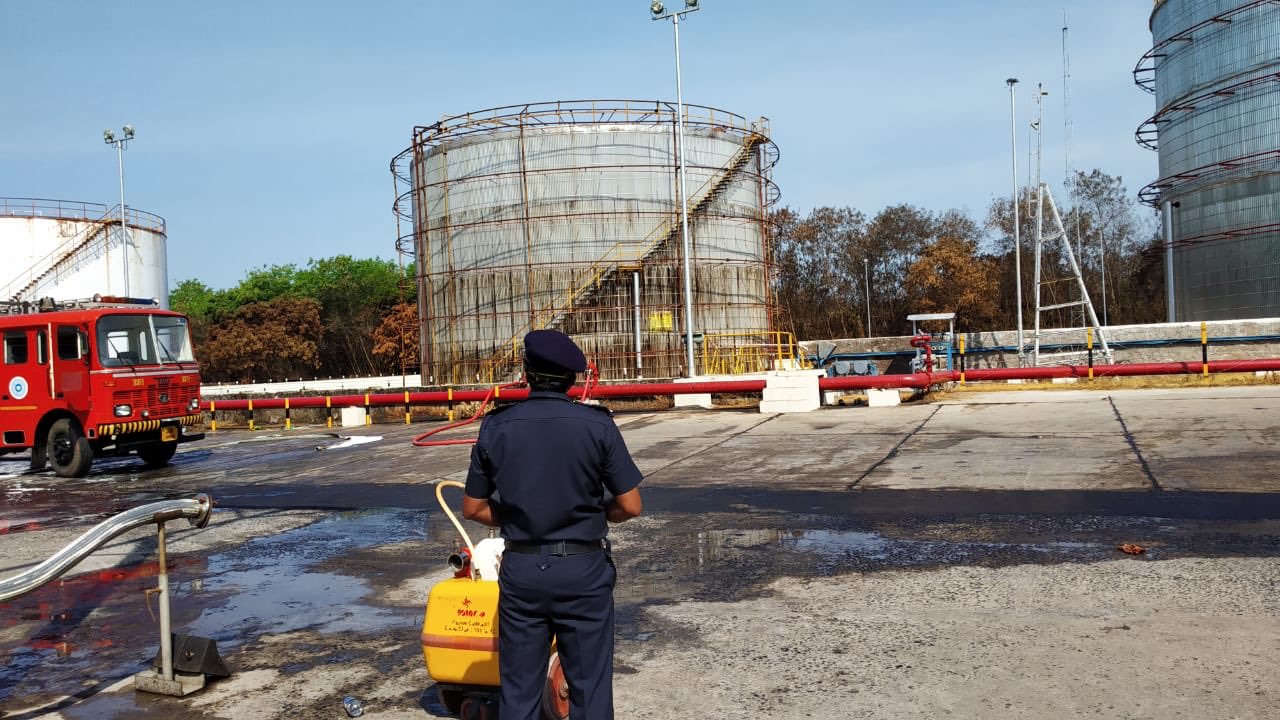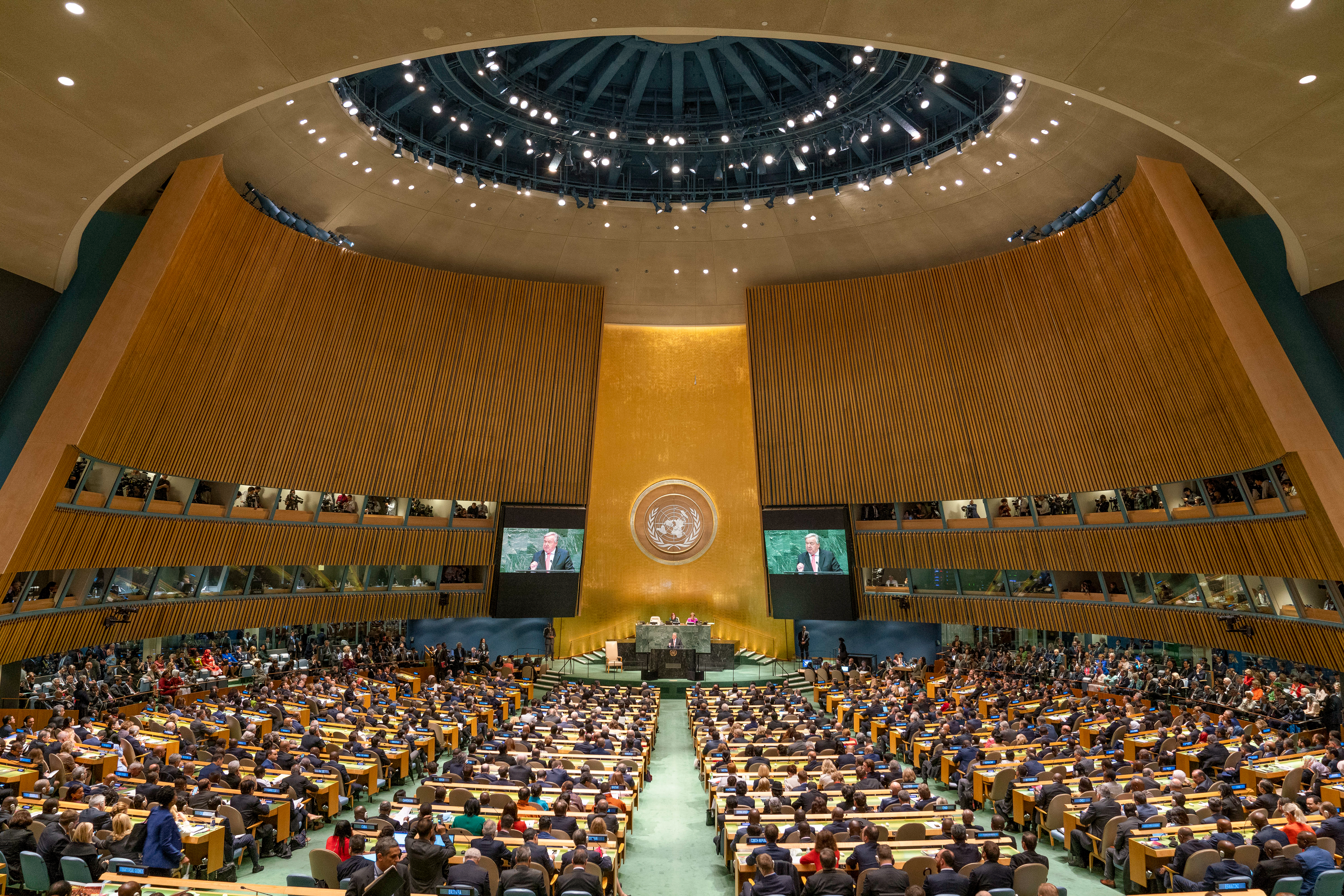A gas leak in the Southern Indian town of Visakhapatnam from an LG Chem plant on May 7 has killed 12 and caused approximately 800 to be hospitalized, according to Reuters.
Government investigators believe the leak was a result of a clogged cooling system which led to an increase in temperature of the storage tank.
The LG plant makes polystyrene products used in manufacturing products such as electric fan blades, cups, cutlery and containers for cosmetic products. The United Nations reported these substances can cause cancer and neurological damage, as well as reproductive issues that may go unnoticed for years after exposure.
The factory was in the process of reopening, after being shut down due to government orders surrounding COVID-19.
The leak occurred during the night, causing many people to breathe in the fumes as they slept. Around midnight, police began to notify residents to move out of their homes. According to Reuters, people within a 5-kilometer radius were being evacuated out of the area because of renewed emissions from the plant.
“There was utter confusion and panic. People were unable to breathe, they were gasping for air. Those who were trying to escape collapsed on the roads—kids, women and all,” Kumar Reddy, a local resident, told The Guardian.
Footage released the next day showed residents passed out in the street as they suffered from reported rashes, breathing problems and sores.
Director General of the National Disaster Response Force Shri Pradhan said the leak is now under control at the plant.
“The gas leakage has been stopped and the quantities should now be more manageable and we should be able to evacuate people to safety,” Pradhan said to local news outlet NDTV.
Baskut Tuncak, U.N. Special Rapporteur on hazardous substances and wastes, drew parallels to the Bhopal disaster of 1984, when a Union Carbide pesticide plant in Bhopal, India, released approximately 30 tons of toxic methyl isocyanate. The leak was reported to have killed up to 16,000 people and is often remembered as the world’s worst industrial disaster. Toxic material remains in the area to this day, often causing birth defects.
“I urge Indian and South Korean authorities, and the businesses implicated, to avoid the same mistakes and abuse of judicial procedures that have denied justice to the victims of the Bhopal disaster, who are still suffering to this day,” Tuncak said.
Indian police authorities have since filed a complaint against the management of LG Chem, citing counts of negligence and culpable homicide. The full police investigation names potential charges such as negligent handling of poisonous substances and causing hurt and endangering public life, according to Reuters.
According to Al Jazeera, the Seoul-based LG Chem company has declined to comment on potential charges, but put out a statement addressing the leak.
“There was not a second leak and LG Chem has asked the police to evacuate residents as a precautionary measure as there are concerns that tank temperatures could rise. We are taking necessary measures, including putting water into the tank,” the statement read.
Tuncak welcomed a potential investigation and charges against the company, saying the incident “illustrates the range of human rights infringements brought by our rampant consumption and production of plastics.”






